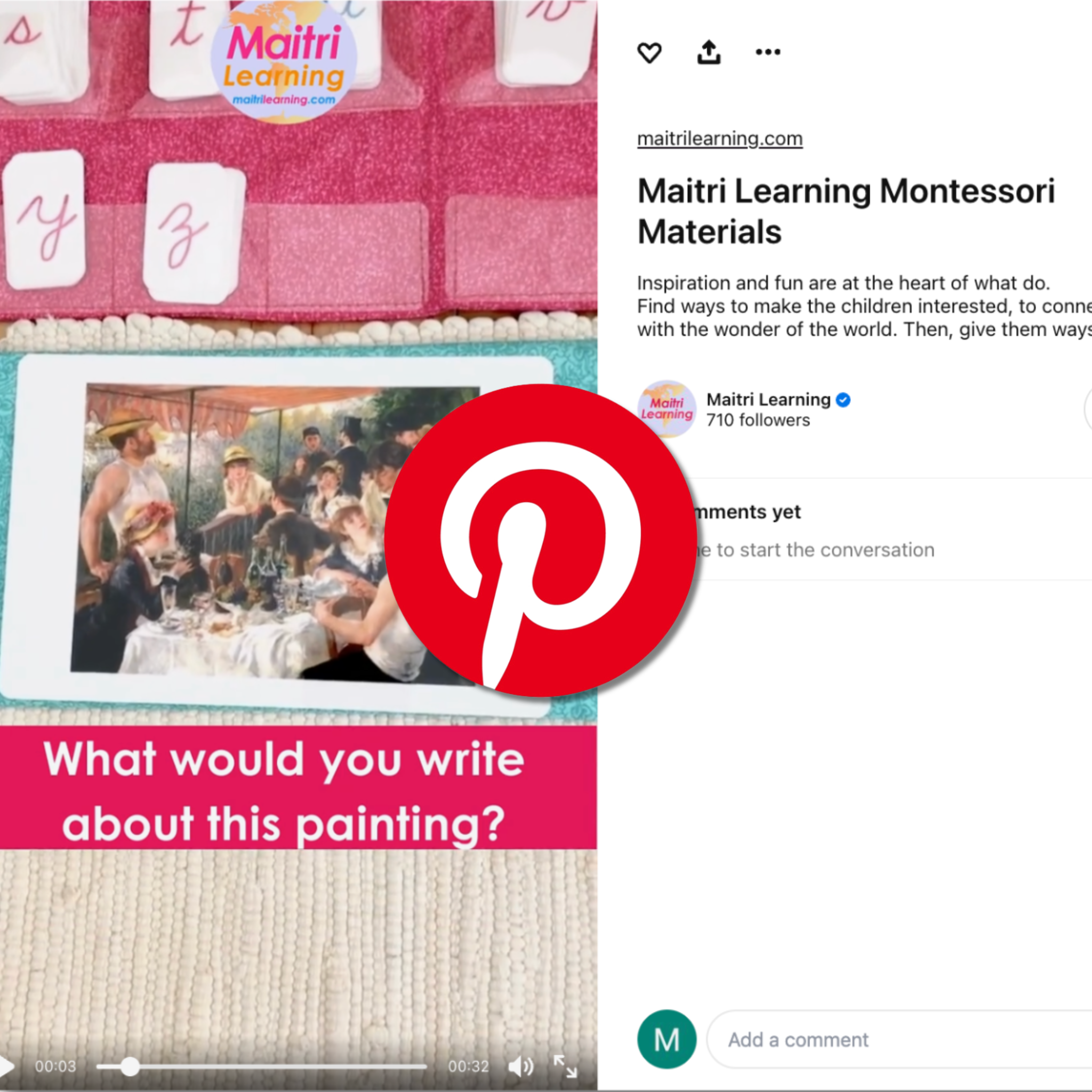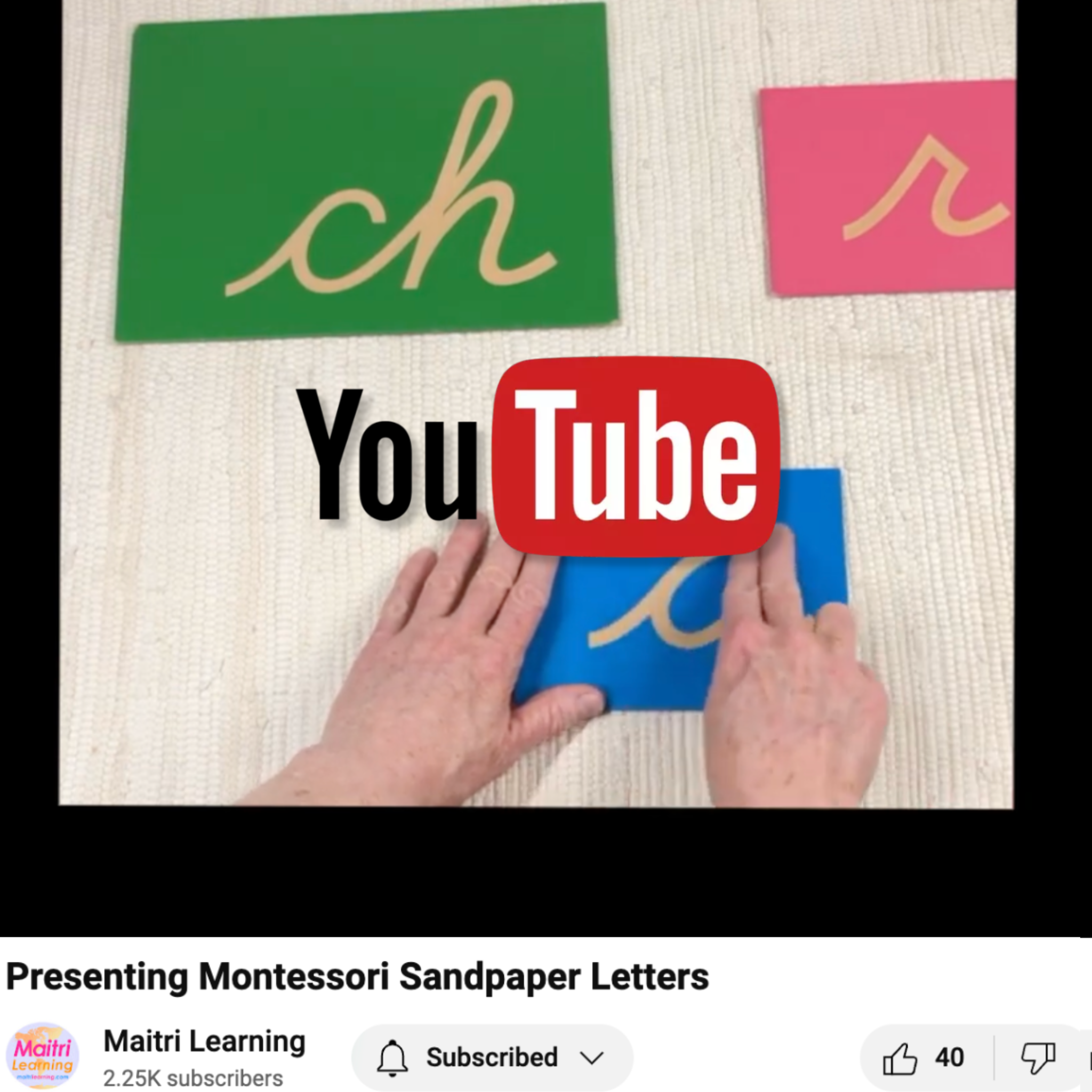Neuroscience of Mindfulness
I presented this talk at the Montessori Foundation conference in St. Petersburg and participants were asking for my slides. So, I decided to post a video and slides in case they might help.
Montessorians need to know more about the science underlying mindfulness because we are engaging children in mindfulness practices all day long! The way we focus our attention fully on a task, limit language on non-verbal tasks, move with precision, aim to perfect our movements, etc. These are all aspects of mindfulness. So what does this mean for our students?
The big takeaways from the talk are:
- Everything the brain does repeatedly it gets more efficient at
- The act of meditation exercises three key brain networks:
- Salience (noticing where our attention is)
- Central Executive (deciding to turn our attention to something)
- Default Mode (when our mind wanders)
- Strengthening these networks may protect against mental illness and promote resilience
- The salience network involves not only noticing where our attention is but also making sense/meaning of what happens in our lives; this requires purposeful reflection
You can learn more by watching this short YouTube video I made to prepare for the talk.
I've embedded my slides below in case you'd like to go deeper. I encourage you to check out the references at the end and question my conclusions. Don't believe everything you read/hear! If we all work to be skeptical consumers of information, we will move closer to understanding the truth and realizing peace.








Leave a comment
This site is protected by hCaptcha and the hCaptcha Privacy Policy and Terms of Service apply.